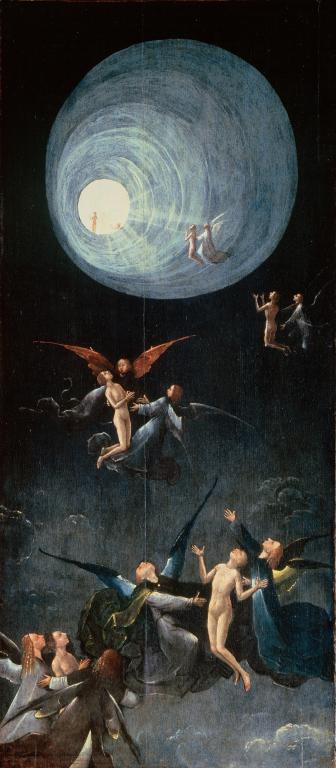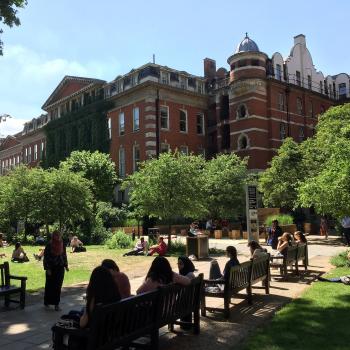
(Wikimedia Commons public domain)
What if you slept?
And what if, in your sleep, you dreamed?
And what if, in your dream, you went to heaven
And there plucked a strange and beautiful flower?
And what if, when you awoke, you had that flower in your hand?
Ah, what then?
Samuel Taylor Coleridge (1772-1834)
The lines quoted above from the poet Coleridge are directly relevant to NDE accounts in which the experiencer seems to learn something (e.g., about events in a different room or on a separate floor or at a distant location, or about the recent death of a loved one) that he or she could not have known by ordinary means.
Now I offer two more passages from J. Steve Miller, Near-Death Experiences As Evidences for the Existence of God and Heaven: A Brief Introduction in Plain Language (Acworth, GA: Wisdom Creek Press, 2012).
In the first, Miller offers some good thoughts on how to think about contested issues like near-death experiences (and many others):
I seldom use words that speak with finality such as “prove” or “proven.” This is partly because of my skeptical nature but also because of my desire for precision. Since “prove” indicates “100 percent certitude” in fields such as Math and Deductive Logic, I’ll tend to use the more humble phrase, “sufficient evidence,” which is more appropriate for subjects of a scientific or legal nature. . . . Our biggest decisions of life are made by weighing evidence rather than holding out for logical certitude. We convict murderers on the basis of sufficient evidence. Yet, one more piece of evidence could overturn our verdict. We choose our cars and houses and spouses and vocations on the basis of sufficient evidence. In my opinion, absolute, logical certitude is typically found, not in the real world, but in abstract worlds like math. (xii-xiii)
In the second, he responds to the suggestion that there still might be a fully naturalistic explanation for NDEs out there, just waiting to be discovered:
True. And if that day comes, I should reweigh the evidence and humbly conclude, “Wow! Was I wrong about NDEs!” But unfortunately, I can’t transport evidence from the future and weigh it to make up my mind today.
Future scientific evidence may disprove the big bang theory and quantum mechanics and relativity and many of the other scientific theories that currently make the most sense in the light of our current observations and experiments. Yet, scientists believe these theories because today’s evidence clearly weighs in their favor. Future evidence is an unknown that can’t be accounted for. (37)












